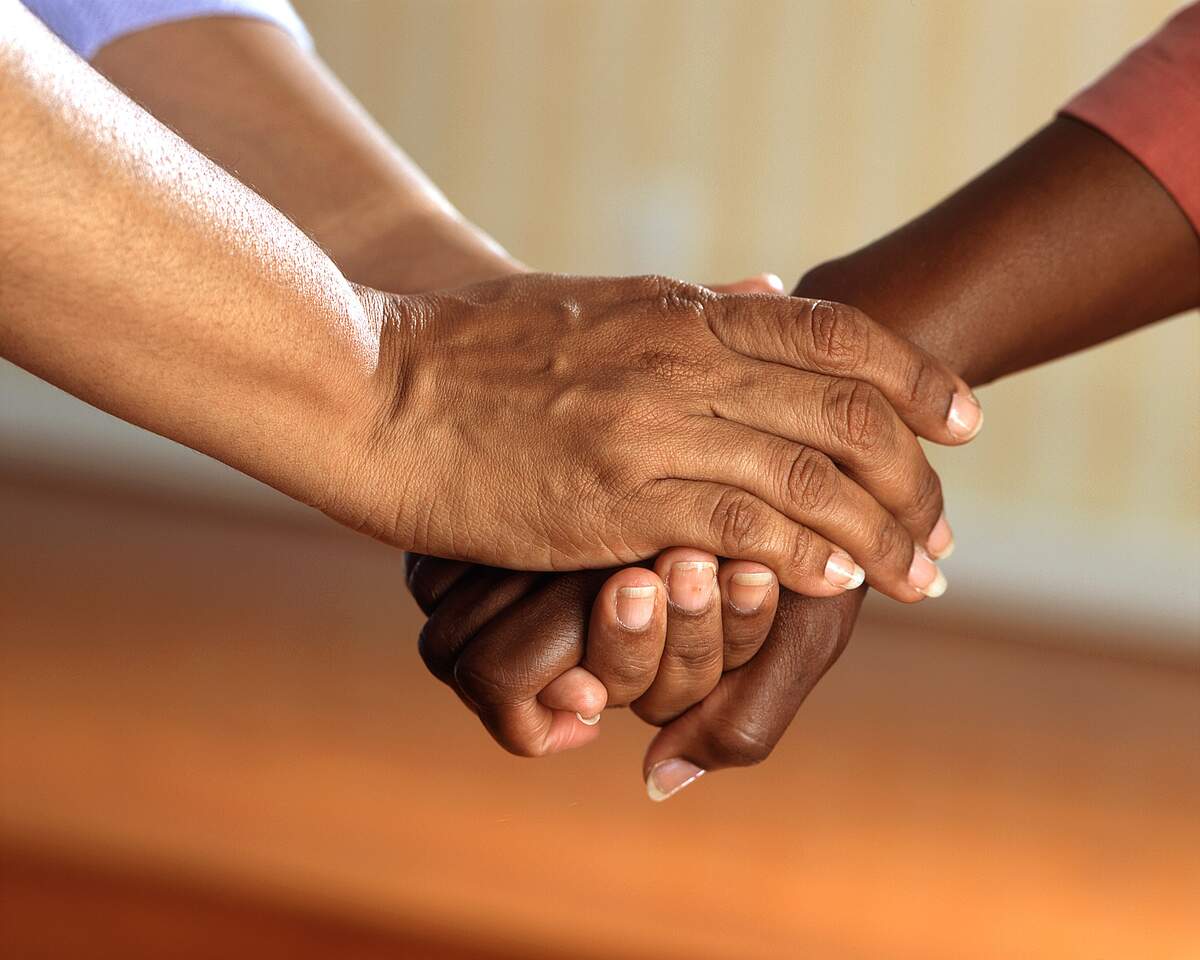

International Day of Non-Violence
Also known as
Gandhi's Birthday
Observed
annually on October 2nd (since 2007)
Dates
Founded by
United Nations General Assembly (UNGA) on June 15th, 2007
Hashtags
Sources
International Day of Non-Violence celebrates the use of non-violence to create social and political change and honors Mahatma Gandhi by being observed on the anniversary of his birth. Non-violence is not passive but engages in conflicts while at the same time rejecting physical violence. It has been used by many social and political movements throughout history. In January 2007 a conference was convened in New Delhi that called for the United Nations to create a day of non-violence. On June 15, 2007, a resolution creating the day was adopted by the United Nations, after it was introduced by India's Minister of State for External Relations, Anand Sharma.
It was appropriate for Gandhi's birthday to be chosen as the observance of the day, because of his lifelong use of non-violence, his success in helping India gain freedom from Britain by these means, and because of his inspiration to others to use his tactics, such as Martin Luther King Jr. and Nelson Mandela. He was born Mohandas Gandhi on October 2, 1869, in Porbandar, India. During his twenties, he traveled to London and became a lawyer, became a more committed vegetarian, and read the sacred texts of the world's religions. In 1893 he traveled to South Africa and was awakened to the color prejudices of the country, and formed the Natal Congress to fight discrimination. He traveled back to India for a few years and then back to South Africa, where he organized his first large-scale civil disobedience campaign in 1906, called Satyagraha—meaning truth and firmness—protesting restrictions on the rights of Indians.
In 1915 he founded an ashram—or monastic community—in India that was open to all castes. He wore a loincloth and shawl, and practiced an austere existence centered around prayer, fasting, and meditation. It was at this time that the name Mahatma—which means "great soul" in sanskrit—began being ascribed to him as well. In 1919, following World War II, Gandhi began focusing on the goal of Indian home-rule and freedom from Britain, and he advocated for non-violent actions to achieve the goal. He called for boycotts of British goods and demonstrated this in his daily life by using a spinning wheel to create his clothes. He was arrested for sedition and spent some time in jail. To protest deteriorating relations between Muslims and Hindus, he went on a three week fast in 1924.
Gandhi left politics but reemerged in 1930 to non-violently protest Britain's Salt Acts—laws that prohibited Indians from collecting or selling salt—by marching 240 miles to the Arabian Sea to collect salt as an act of defiance. His march lasted 24 days, and marchers joined him along the way. It was this act that led to him being named as Time magazine's "Person of the Year". Gandhi left politics a few years later but once again reemerged during World War II and launched "Operation Quit" in 1942, calling for the British to leave India. In 1945, following the loss of Winston Churchill's Conservative Party in the British elections, negotiations began for Indian independence. Gandhi's hope for a unified India was not successful as two countries emerged along religious lines: predominantly Muslim Pakistan, and predominantly Hindu India. As tensions rose between Muslims and Hindus, and violence ensued, Gandhi once again turned to non-violence, by fasting and touring areas where the violence had taken place. Gandhi died at the hands of violence in 1948, when he was shot by a Hindu extremist who was mad about Gandhi's tolerance of Muslims, but Gandhi's message of non-violence lived on after his death.
How to Observe International Day of Non-Violence
The resolution for the day's creation calls for inviting "Member States, organizations of the United Nations system, regional and non-governmental organizations and individuals to commemorate the International Day of Non-Violence in an appropriate manner and to disseminate the message of non-violence, including through education and public awareness." Check in your community to see if there are any local events celebrating the day. The day could be spent reflecting on Gandhi's legacy and influence and by reading his words, or the words of those he influenced. It can also be a day to reflect on our own relationship with non-violence, and how we handle problems. Finally, the day could be spent watching Gandhi, which won the 1982 Academy Award for Best Picture.





















